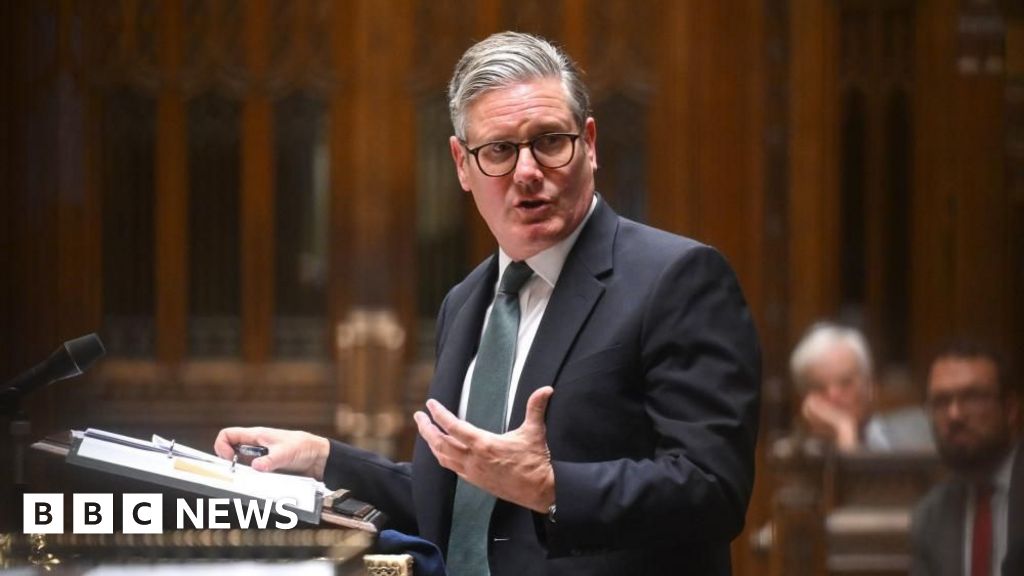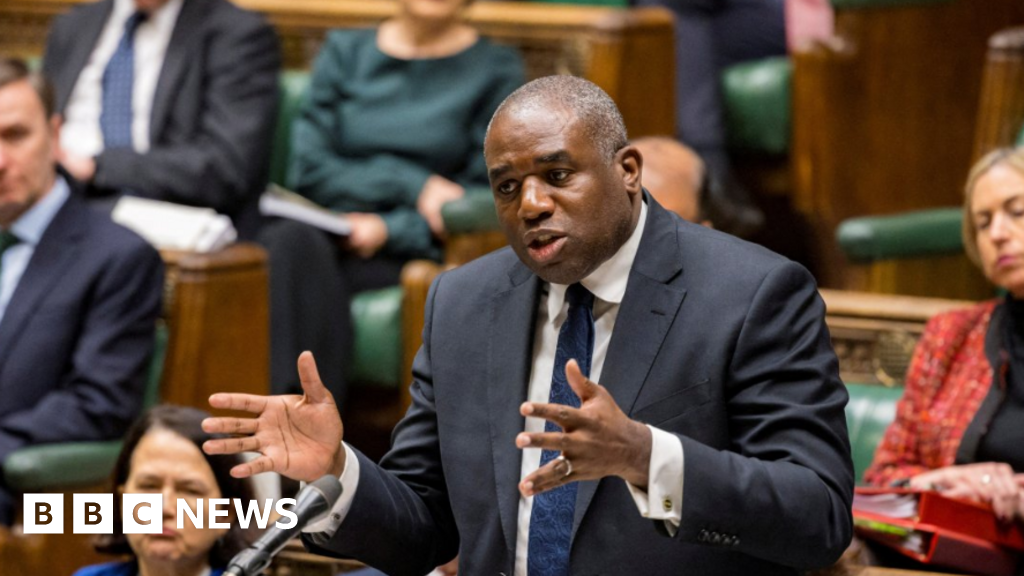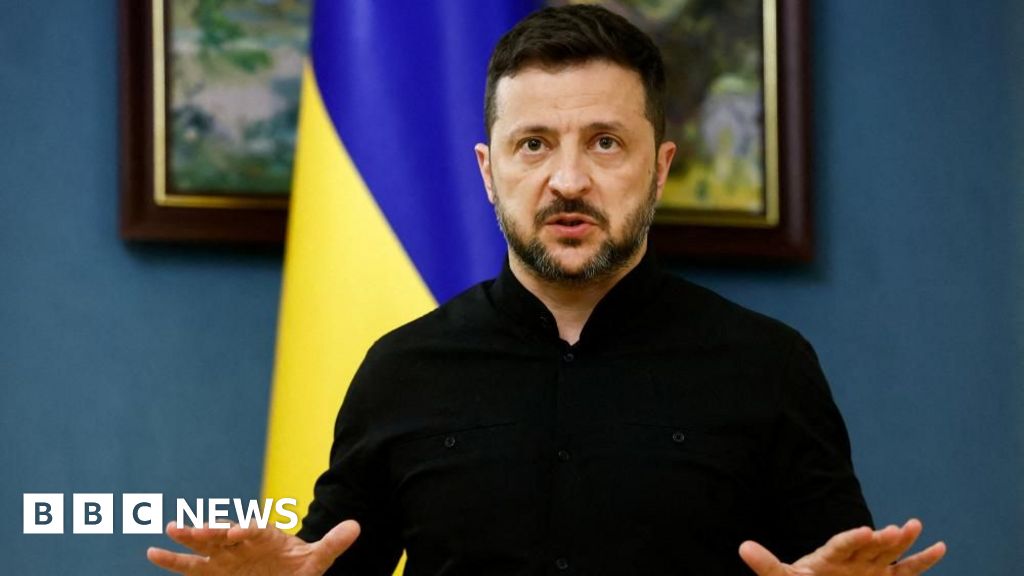Taiwan, the center of the global supply chain for computer chips, woke up on Thursday to the news that President Trump had put new 32 percent tariffs on the island’s exports to the United States. Except for semiconductors.
The decision not to impose tariffs on the chip sector does not mean they won’t be coming for Taiwan or anywhere else, including South Korea, another major source of chips.
Taiwanese companies have spent decades and billions of dollars building up a network of factories that conduct the complex process of etching tiny circuits onto pieces of silicon.
These chips — and a broad range of electronic devices that contain them — are Taiwan’s main exports. And they are increasingly the focal point of the Taiwan-U.S. geopolitical relationship, which has undergone a markedly transactional shift since Mr. Trump took office.
Mr. Trump has previously said that Taiwan had gained an unfair dominance in making semiconductors and threatened to impose tariffs on the sector. He has also accused Taiwan, which depends on the United States for political support against China’s claims that Taiwan is part of its territory, of spending too little on its own security.
Officials and businesses in Taiwan have been scrambling to soften the blow of Washington’s tariff threats. Last month, President Lai Ching-te said that Taiwan was interested in buying natural gas from a long-stalled project in Alaska.
Weeks earlier, Taiwan Semiconductor Manufacturing Company, the world’s largest chipmaker, said it would spend $100 billion in the United States to expand its operations in Arizona. TSMC announced plans for the plant during Mr. Trump’s first term and got a big financial assist under former President Joseph R. Biden Jr.
On Wednesday, in announcing the tariffs on Taiwan, Mr. Trump praised TSMC for investing in the United States. He and his aides are hoping other chip companies that committed to invest in U.S. operations during the Biden administration, like the South Korean giants Samsung and SK Hynix and Global Wafers of Taiwan, will pledge to spend even more.
Semiconductors are a complicated target for tariffs because the supply chain for making them is both global and extremely specialized. While most advanced chips are manufactured in Taiwan, many are then sent to another country like Malaysia for testing. Next, the chips might be put into iPhones or artificial intelligence servers in Mexico or China before those devices are sold to people all over the world.
“Very few semiconductors are actually directly imported into the United States; most are incorporated into a final product,” said Jimmy Goodrich, a senior adviser for technology analysis at the RAND Corporation.
Martin Chorzempa, a senior fellow at the Peterson Institute for International Economics, added: “It’s much more tricky than saying, ‘We are going to slap a tariff on steel.’ ”
Even the chips that TSMC makes at its Arizona factory have to leave the United States to be packaged into other devices before they make it into the hands of American consumers, said Ming-Yen Ho, a nonresident fellow at the Research Institute for Democracy, Society and Emerging Technology, a government-funded think tank in Taipei.
“Any chip that’s made in Arizona right now will have to leave the U.S. for some time before going back,” Mr. Ho said. “It’s just a fact of the global chip supply chain right now.”
Mr. Trump on Wednesday announced a 32 percent tariff on Taiwanese goods exported to the United States, where Taiwan directly sends nearly a quarter of its exports. Besides chips, which will not be taxed, Taiwan mainly exports electronic devices and components for them. The American Chamber of Commerce in Taiwan said that Taiwan plays an indispensable role in the U.S. economy and urged officials in Washington and Taipei to strengthen ties.
The Taiwanese government on Thursday condemned the tariffs as unreasonable and unfair to Taiwan. The government would lodge a strong protest with the United States Trade Representative, Lee Hui-chih, a spokeswoman for Taiwan’s cabinet, said in a statement.
Taiwan’s exports to the United States have increased in recent years, reflecting increased demand for Taiwanese electronics and advanced technology including semiconductors, the statement said. Mr. Lai, the president, said the Taiwanese government was concerned about the global impact of the tariffs.
The Taiwanese government “thought too optimistically about the relationship with Trump,” said Jason Hsu, a senior fellow at Hudson Institute and former member of Taiwan’s legislature for the opposition Nationalist Party. “It was a little bit too naïve thinking Trump would be nice to them, especially after the TSMC announcement.”
Chris Buckley contributed reporting from Taipei, Taiwan.
Source link
















